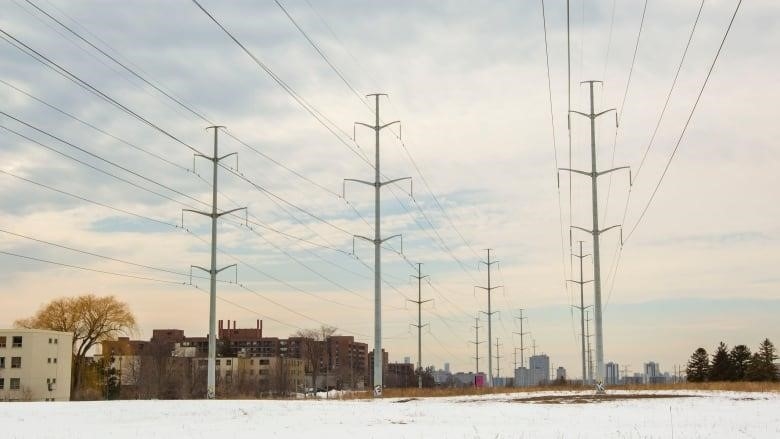
The budget for lowering electricity prices in Ontario is bigger than the budget for long-term care
When Premier Doug Ford’s government presents its new budget on Thursday, more than $6 billion will go toward helping people pay their hydro bills.
Even though previous Liberal governments also used taxpayer money to lower electricity prices, Ford’s Progressive Conservatives have taken it to such an extreme that it is now one of the largest line items in the Ontario budget.
“Electricity cost-relief programs” were given $6.3 billion in the provincial budget for 2022-23, which is almost four times as much as the $1.6 billion that Kathleen Wynne’s Liberals set aside for such programs in 2018.
Ford’s PCs blame the size of the spending on green energy contracts signed by Liberal governments that forced the province to pay wind and solar power producers more than the market price for making electricity.
The electricity cost relief budget is now bigger than the budgets of the ministries of economic development, environment, agriculture, northern development, mining, natural resources, forestry, Indigenous affairs, and labor, training, and skills development put together.
The Ford government has spent more money from taxpayers on electric bill subsidies than on long-term care. Since 2019, electricity cost relief programs have been given a total of $23.6 billion, which is $2 billion more than was budgeted for long-term care in the same time frame.
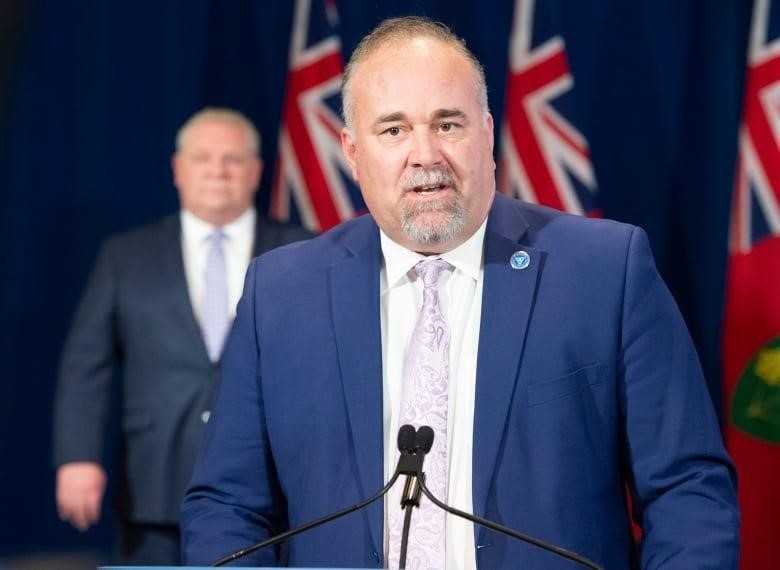
Peter Weltman, Ontario’s financial accountability officer, analyzed the electricity subsidies in detail last year and estimated that they will cost taxpayers $118 billion over the next 20 years, or about $6 billion per year.
“It’s a hard-to-understand program that costs a lot of money,” said Weltman, who is the independent budget watchdog for the Legislature.
Weltman says that the policy makes hydroelectric customers more likely to use more electricity.
“Most of the cost of the subsidy goes toward subsidizing consumption,” he said in an interview. “This means that people with higher incomes end up getting a bigger subsidy because they tend to use more electricity.”
A report from the Financial Accountability Office says that about $600 million in electricity price rebates go to households in the top 20% of income.
The current subsidies and rebates cut $50 off the average monthly electric bill for a home, the report says. Without subsidies, the average household would pay $171 a month for electricity (including tax). Instead, the average electric customer pays $121 per month.
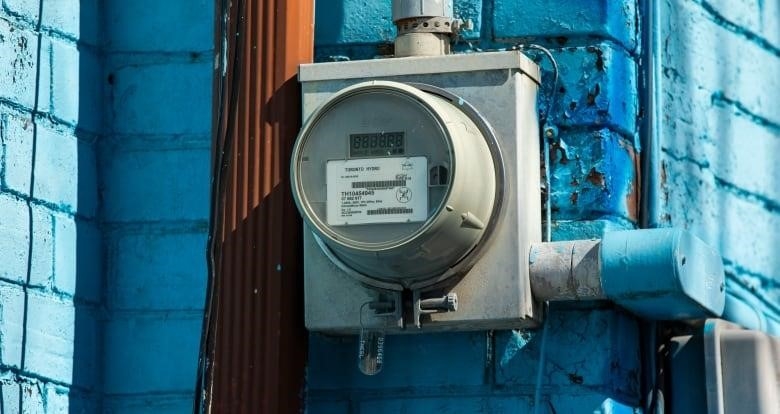
Dan Moulton of the public affairs firm Crestview Strategy said that it is “politically smart” for the Ford government to use tax money to keep the price of electricity low.
“The bigger question is, is it smart and can it be kept up?” Moulton asked in an interview. “Wouldn’t it be better to use this money to improve other public services?”
Moulton is a Liberal political strategist who worked as the energy minister’s top advisor when the Wynne government was being criticized for things like raising electricity prices and selling Hydro One.
“One of the great truths of Ontario politics is that the price and reliability of electricity can make or break a government,” he said.
Liberal party sources said that internal polling showed that hydro issues were the biggest policy reason why voters gave up on them in the 2018 election, which was the party’s worst result since Confederation.
Moulton said that the Ford government hasn’t been questioned much about its decision to spend so much tax money on hydro subsidies.
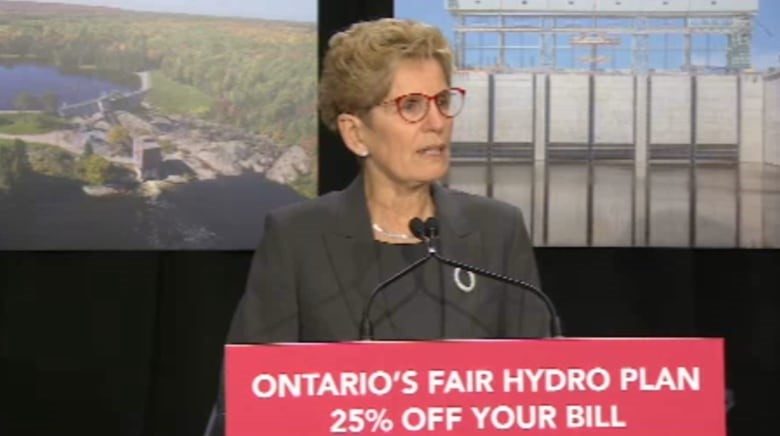
Moulton said, “At the very least, there should be a more open discussion about the policy decisions the Treasury is making.”
Energy Minister Todd Smith says the money needs to be spent so that electricity prices don’t “go through the roof.”
Smith said in an interview, “We’re spending so much money because the previous Liberal government signed 33,000 bad contracts as a result of the Green Energy Act. These were 20-year contracts that were well over the market price.”
The Ford government took contracts with wind, solar, and bioenergy generators that were worth $38.6 billion away from ratepayers and put them on the provincial tax base.
The Financial Accountability Office says that this one program, which is called the “Renewable Cost Shift,” is responsible for nearly half of the current annual spending on subsidizing hydro prices.
About a third of the money spent on electricity each year goes to industrial, commercial, and small business customers.
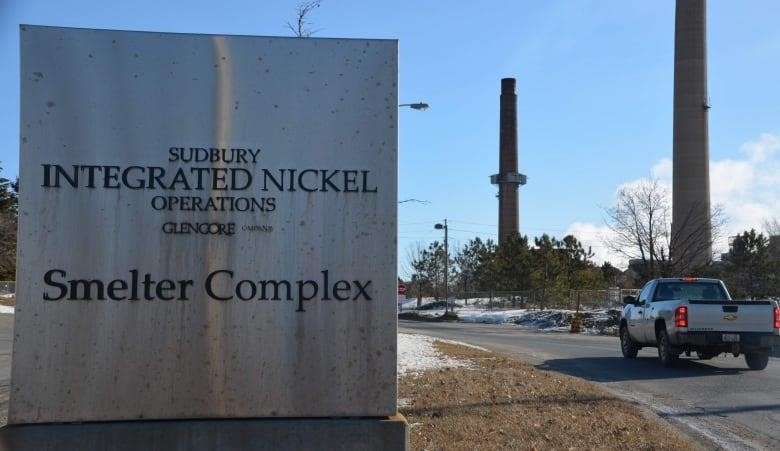
Smith said, “We need to make sure that electricity in the province is cheap.” “Otherwise, we won’t see the kind of multibillion-dollar investments that we’ve seen in the auto industry and in the battery industry for electric vehicles.”
Since Ford’s government got rid of the Wynne Liberals’ Fair Hydro Plan, which was supposed to lower the average electricity bill by 17 percent, taxpayers have had to pay four times as much to subsidize electricity prices. It spread out the price hikes that ratepayers were facing over a 30-year period without making taxpayers pay any of the costs.
Jay Goldberg, the Ontario director of the Canadian Taxpayers Federation, doesn’t mind that the PC government is using tax money to make up for high electricity prices caused by what he calls “bad deals” the Liberal government made with green energy providers.
Goldberg said in an interview, “We don’t pay what the market price should be for electricity; we pay more than that, and that’s because of what the government did in the past.”
But he does not agree with other ways that electric bills are paid for by taxpayers.
Goldberg said, “Of course, people should pay for the electricity they use.” “The government should lower taxes so that people have more money in their pockets and can pay their own energy bills.”
